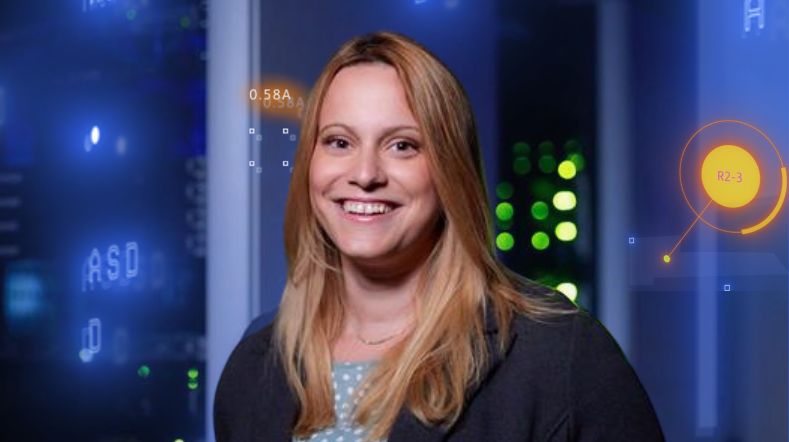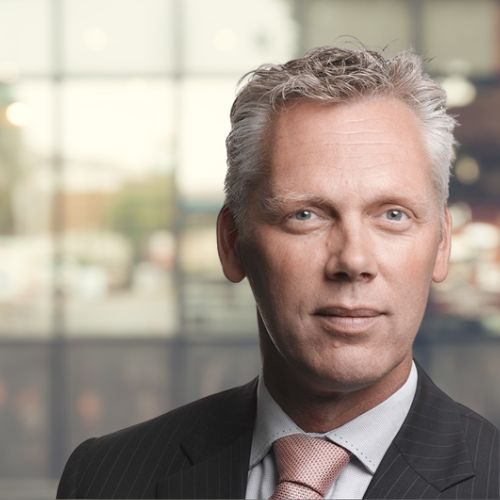Sustainable agriculture through digitalisation
Sustainable agriculture is the future. Our current agricultural system offers a wide range of food, from mass-produced to organic and fair-trade products. The associated emissions have a major impact on the climate and the Earth. We can limit that damage through circular agriculture and with the help of digitalisation.
Digitalisation for sustainable agriculture
At TNO, we’ve been working for years on making agriculture more sustainable through digitalisation. Sustainable agriculture (also called ‘circular agriculture’) will only be truly successful in practice if the entire production chain cooperates: from farmer to buyer to retailer to consumer. With data and technology, there’s much to be gained for everyone, including in the short term.
By digitalising as much as possible along all the links, you can gain a better understanding of the agricultural production chain as a whole and the quality goes up. When horticulturalists measure how the climate in their greenhouses is developing, they can adjust their cultivation strategy, sometimes even down to plant level. With real-time sensor data, we can monitor the living conditions and health of cows in detail. And ensure that they stay healthy and productive for longer, providing good-quality milk.
The more data we obtain from production, the better we can:
- take care of plants
- ensure animal welfare
- meet the needs of consumers
- prevent emissions and wastage.
But we also learn how to work more efficiently. And where we can save money and find opportunities to earn extra income. In this way, the agriculture sector can continue to meet increasingly strict requirements, without jeopardising healthy business operations.
Do you know how good your crops are doing? If you do, you can take better care of them and they’ll have less need for nutrients and pesticides, harvesting at the right time and sharing information about it in the chain. Based on various datasets of fields, we’ve worked on devising smart algorithms, which determine optimum care right down to plant level. For example, by using fertiliser and pesticides only where they’re really needed.
TNO and the agricultural implements, electronic solutions and digital sevices group Kverneland have experimented with a crop sprayer that only sprays pesticides where necessary. When the crop plants are still small, drones map the fields to reveal the weeds. We then use this information to develop a model that recognises weeds. A robot can then pick these weeds in a targeted manner.
The future of arable farming
With the advent of the 5G network, we’re increasingly able to automate, and data processing can be decentralised, taking place in the cloud or at the edge, making the advice more readily available to the arable farmer. From monitoring to interpreting the data sets and controlling agricultural machinery. These new technologies are gradually turning agricultural enterprises into technological marvels, where highly efficient and sustainable production can be achieved – even remotely. In the ICCS of 5G Field Lab in Groningen, we’re working with partners to test all possible ways to use this fast, wireless internet in arable farming.
The longer a cow stays healthy and productive, the better it is for the cow, the farmer, and the dairy supply chain as a whole. Giving farmers advice on the care of individual cows requires weighing up all the factors involved. The Smart Dairy Farming (SDF) project shows how real-time sensor data in a complex chain increases sustainability. But companies can also use it to improve their performance.
Cooperation in the chain for sustainable agriculture
For many years, the dairy industry has been collecting very detailed information about the cows and business processes on dairy farms. The information was formerly only collected at the herd level and analysis was very time-consuming. This often made it difficult to intervene quickly.
We’re working with Wageningen University and dairy producers CRV, Agrifirm, and Friesland Campina to improve this situation. This is how the Smart Dairy Farming (SDF) project was born. The aim was to build a system in which information was not only collected, but also accepted by the various parties in the production chain.
This is now happening in real time, the moment something happens in the cow shed. For example, it enables a farmer to determine to the nearest hour when it’s best to inseminate a cow.
With the additional data from the SDF project, work instructions are drawn up to maintain or improve the health of individual cows and optimise business processes. This has already resulted in improvements in animal welfare and cost savings.
We recently joined forces with ICT experts and greenhouse builders to create a central data hub: Data Driven Integrated Growing Systems (DDINGS). Data sharing plays an important role here. In greenhouse horticulture, systems measure and collect all the details on the climate in the greenhouse, labour, water supply, and weather, among other factors.
This information is analysed and enriched through the data hub. A grower can then immediately see what needs to be done to make the business run as smoothly as possible. Eventually, the computer will also be able to control the greenhouses independently. By reacting immediately to small changes, the ideal growing conditions for the plants can be achieved and sustainable cultivation guaranteed.
At the Hortivation Foundation, we’re conducting in-depth research on the optimum cultivation strategy. For example, together with a large number of greenhouse builders, installation engineers, and IT companies, we’re looking at how crops grow on different continents.
Because autonomous cultivation systems enable remote management of multiple greenhouses worldwide. By combining crop cultivation with smart technology, we can produce more sustainably. And the Netherlands will retain its leading position in international horticulture.
Sharing data in the chain
Data sharing offers companies opportunities. We help partners in a wide variety of sectors to use each other’s data efficiently and securely in line with privacy rules. For this purpose, we use AI techniques such as IDS Blockchain and Multi-Party Computation (MPC), for example. With these technologies, we can combine data sets from different companies, making processes and products in the food industry transparent.
Business-sensitive information is linked in our system in order to perform relevant data analyses, but without disclosing the information itself. This is possible due to data encryption. Increasingly, this is even done automatically.
Whitepaper: Avoiding a 5G implementation deadlock in the agriculture sector
Read the white paper on why farmers need to use the latest technology to continue feeding the world's growing population.
Get inspired
Digitalisation and sustainability: how AI can help


Time setter story: Kallol Das
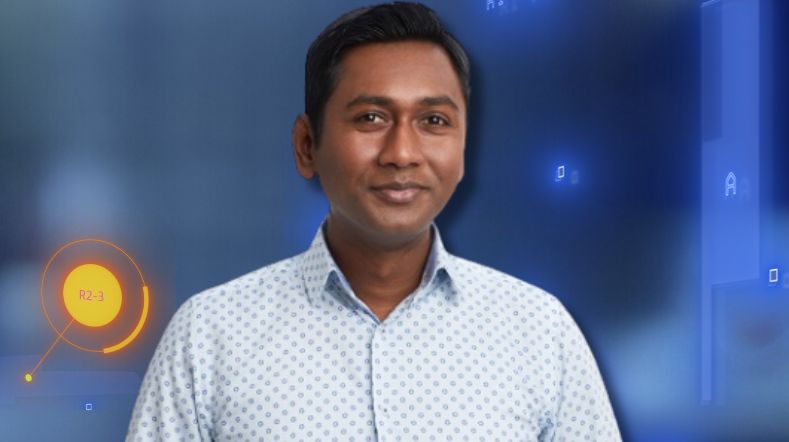

Digital Product Passport
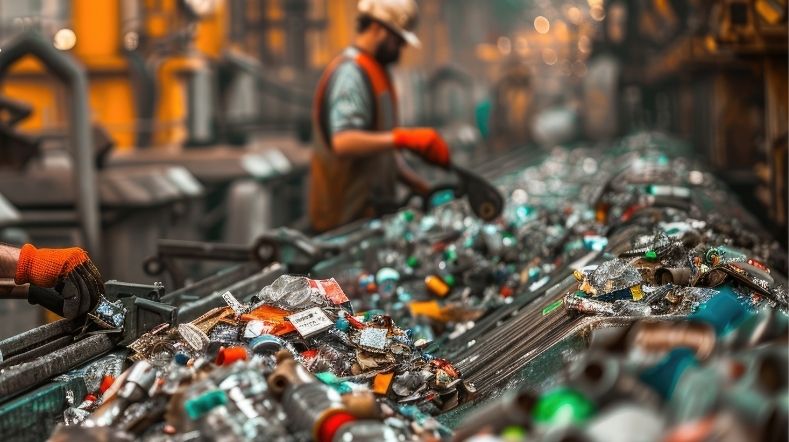

Time setter story: Annemieke Kips
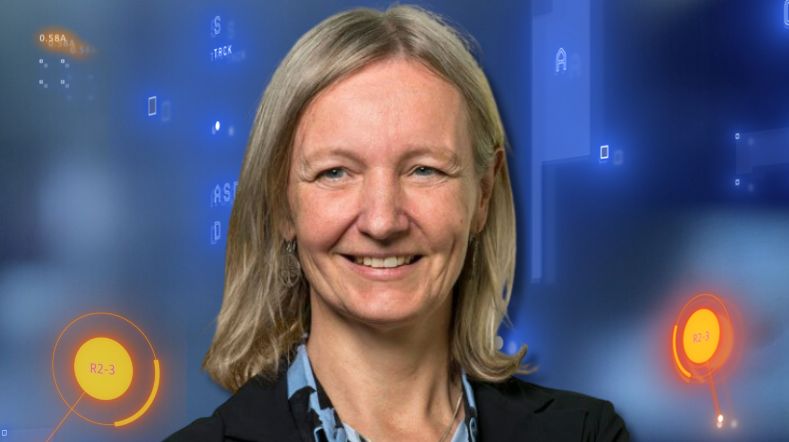

Time setter story: Belma Turkovic
